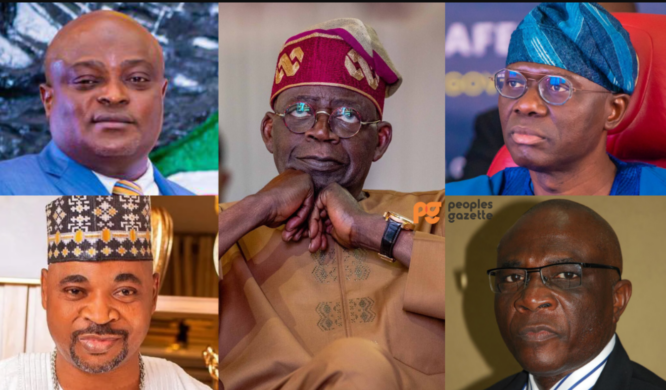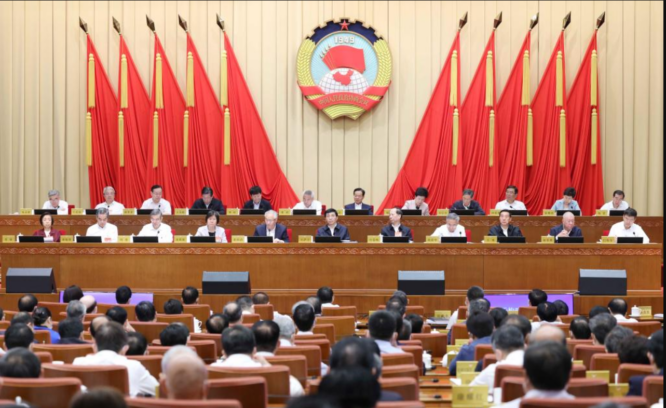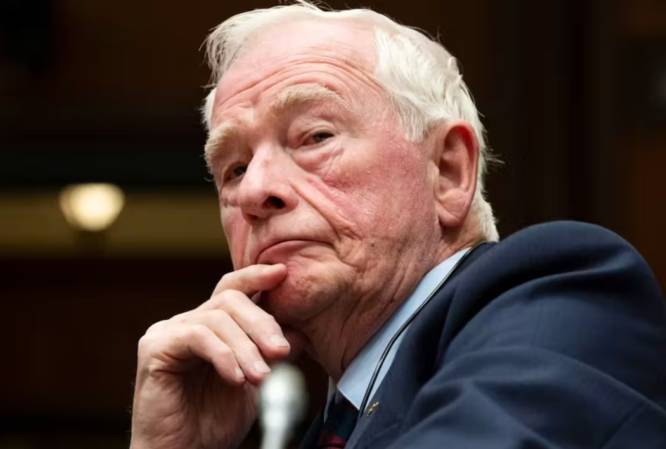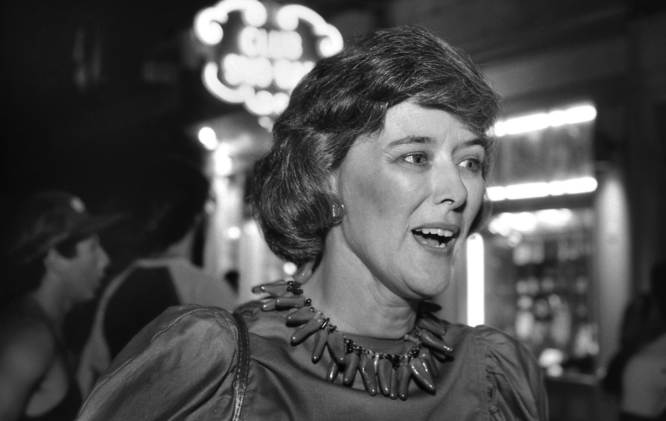After its speaker Mudashiru Obasa pledged to “reverse all the reversible,” the Lagos State House of Assembly is considering a law that might affect non-indigenous land and property owners, mainly Igbos.
Igbos, from South-East Nigeria, were viciously attacked by Yoruba politicians and their followers. Igbos supported the Labour Party and Peter Obi in the recent presidential and gubernatorial elections. They were blamed for APC and Bola Tinubu’s February 25 Lagos defeat.
In his acceptance speech as a third-term speaker of the Lagos parliament and the inauguration of the 10th Lagos assembly on Tuesday, Mr. Obasa, a longtime ally of Mr. Tinubu and a staunch establishment member, revealed that the ruling All Progressives Congress (APC) plans to pass new land and property laws would favor only indigenes.
Mr. Obasa stated that Lagos is a Yoruba territory, contrary to certain claims.
The Lagos speaker indicated that the APC-controlled state parliament will utilize “all legislative instruments” to favor indigenes over other tribes.

“We also want to create a strong legal framework that protects our people. “We will use all legislative instruments to support Lagos indigenes,” the Lagos parliament speaker said.
Mr. Obasa said, “There would be laws and resolutions in the areas of economy and commerce, property and titles, and we will reverse all that are reversible to protect the indigenes.”
Igbos and Labour Party faced Yoruba politicians in the APC and their hordes in the 2023 presidential and governorship elections. The latter’s governorship candidate Gbadebo Rhodes-Vivour was demonized for being Igbo.
After the March 18 guber poll, the US condemned APC-led repression of Igbo voting in Lagos and imposed new immigration prohibitions. Musiliu ‘MC Oluomo’ Akinsanya, a renowned Lagos thug, warned Igbos not to vote for APC days before the gubernatorial election.
Bayo Onanuga, another APC linchpin, pushed an outright exclusion of Nigerians of Igbo descent from Lagos political power, escalating ethnic controversies that surrounded the poll.
Babatunde Fashola, Nigeria’s then-works and housing minister, stated identity politics is a worldwide trend a few months after the election.




